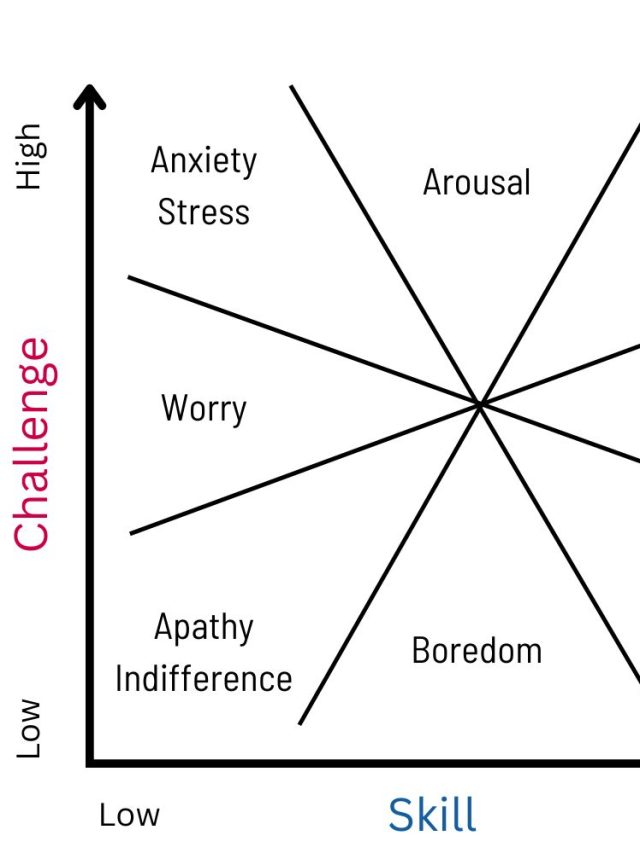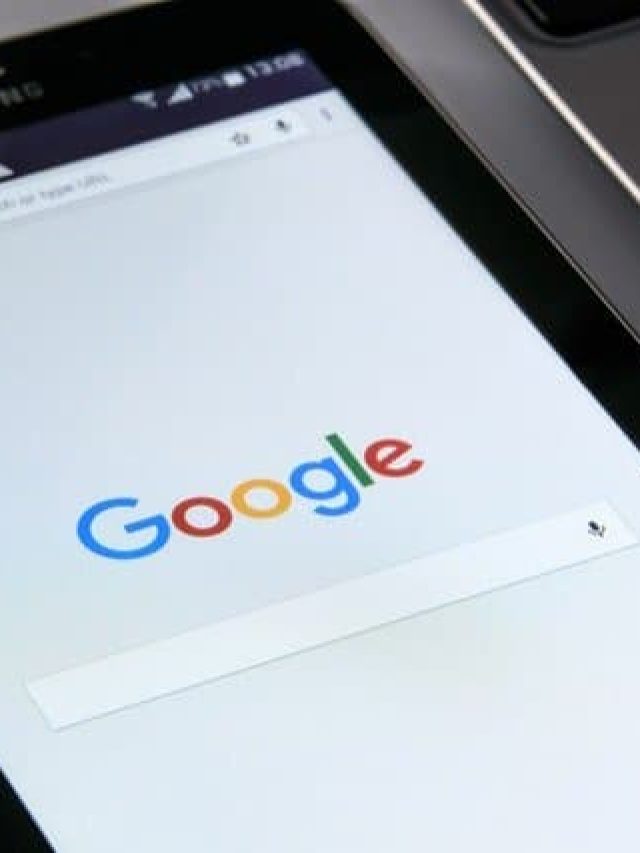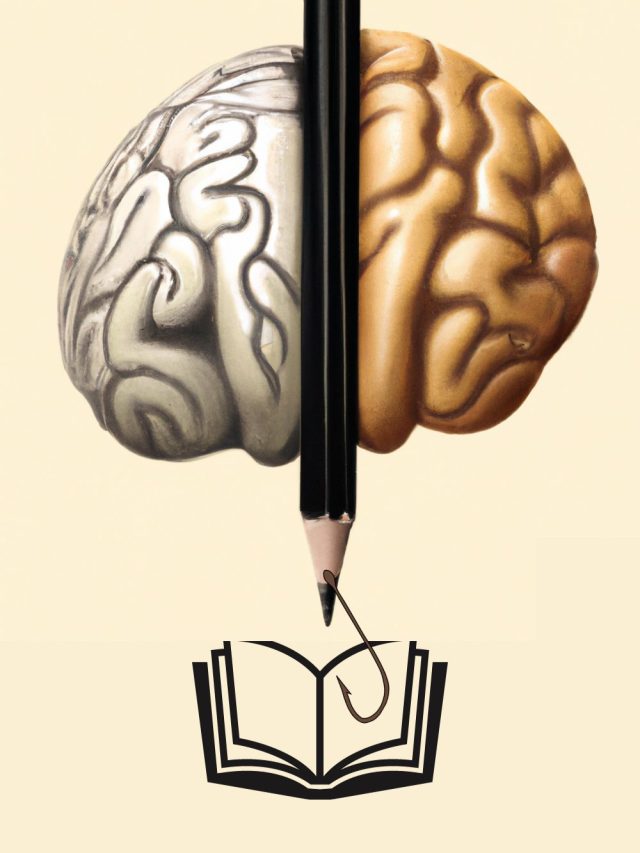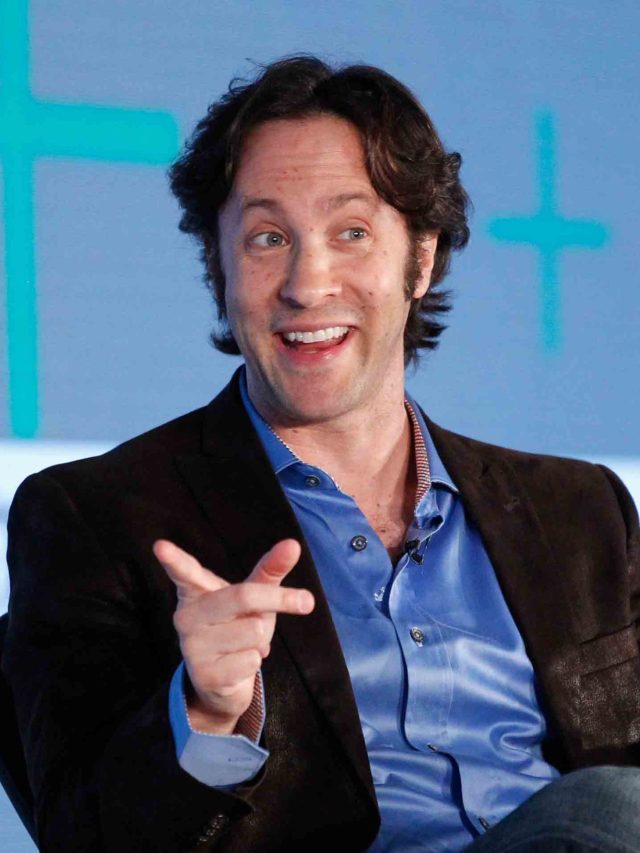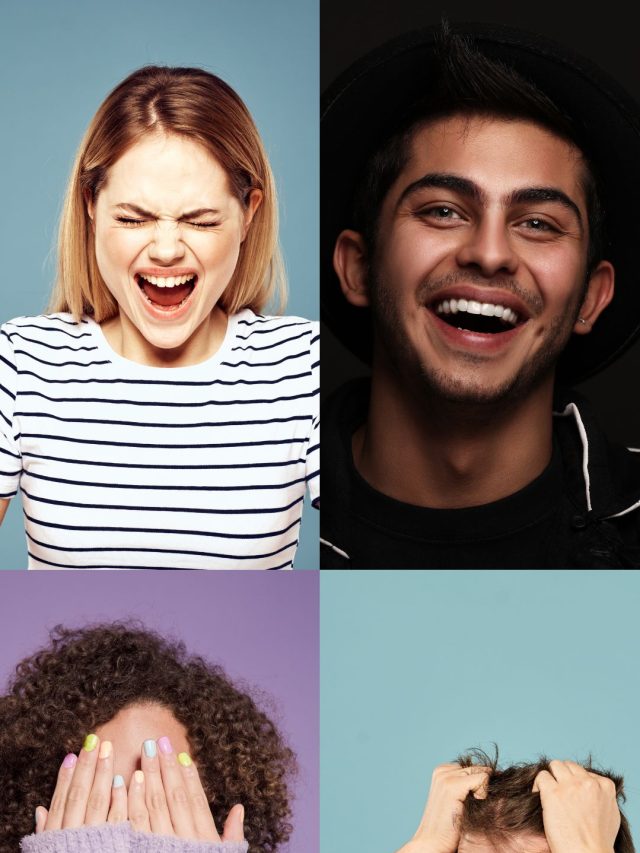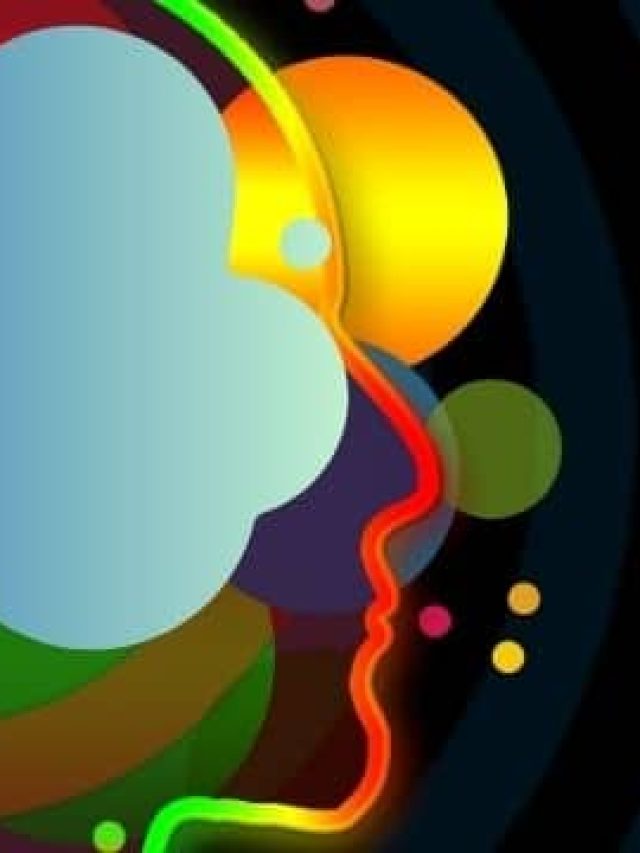Lockdowns and social distancing have virtually eliminated our opportunities to socialize, and that’s a change we have to deal with for the greater good of public health. Many of us have taken to social media to fill that social void. The coronavirus pandemic has changed our behavior and put many of us on the edge of poor mental health. This is the time to be more mindful of all the factors that affect our mental health and that is why, in this post, I’ve highlighted how we can use social media mindfully while the coronavirus pandemic runs its course. All insights here are drawn from my previous article which thoroughly reviews the effect of social media on mental health.
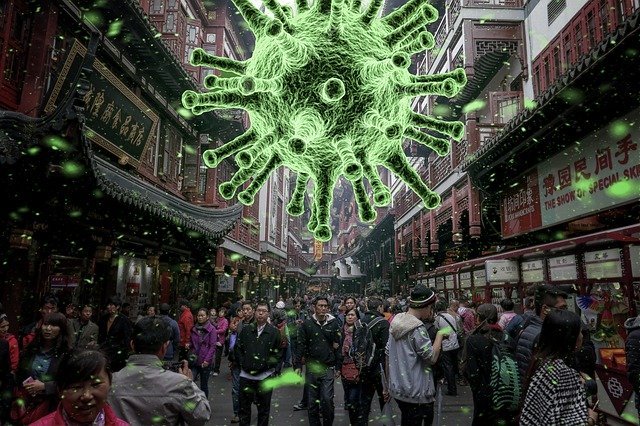
- 1. How much time should you spend on social media during the pandemic?
- 2. How much coronavirus information should you consume?
- 3. Fear of missing out and social comparison
- 4. Increase positive engagement on social media
- 5. What negative and positive behaviors should you know about?
- 6. You are what you eat, choose what you consume automatically
- 7. Everyone has different social media needs and their personality matters
- 8. What can worsen depression during self-isolation?
- 9. Don’t post too many negative thoughts but do a few positive actions
- 10. Your offline life affects your online life
- 11. Memes are great
- 12. People present themselves on social media with a bias
- Typical red flags of problematic social media use
- Sources
It’s not always the frequency and duration that matters the most. The type of social media activity and how people deal with social media stress can affect mental health more. For example, heavy social media use for entertainment does not affect mental health as much as a small amount of social media use with extreme social comparison and jealousy. Social media does not necessarily harm mental health. Its effects can be positive and negative based on what a user does on social media.
- Take note of what exactly you do on social media. Once you pay attention, you’ll most likely know what makes you feel good and what you don’t like.
- If you are using social media on purpose to get something done or have a dose of entertainment, you might be doing yourself a favor.
- If you are using social media without much awareness and scrolling through things which upset you even when you know it, limit social media time.
- Unless you are spending hours without any sense of reward or pleasure, carry on as usual. Restrict yourself from overdoing anything because that causes stress and stress worsens mood and then it’s a downward spiral of negative thoughts and emotions.
- How you think about what you see on social media matters more than the pure uninterpreted nature of what you see.
Too much social media during the pandemic can flood the brain with distressing news about COVID-19 deaths, exponential spread, lack of discipline in people, conspiracies, etc. This information is one of the major sources of increased anxiety levels during the pandemic.
- It’s impossible to scroll without seeing a COVID-19 mention. Research directly links exposure to coronavirus related information and rising levels of anxiety.
- If you feel like the majority, it’ll help to dramatically limit COVID-19 discussions and content-consumption. A few minutes are more than enough to know about things you need to know.
Bad psychological effects of social media emerge through negative social cognitions like social comparison, FOMO and associated factors like poor self-esteem and poor body image.
- Watching others share pictures and status updates about their productive life or luxurious enjoyment can be a source of negative social thinking. It makes you judge yourself and compare your life to the highlighted selectively positive life others display.
- Not everyone has to become an entrepreneur, run a website, master cooking, learn 64 languages, rekindle dozens of relationships, and do intense fitness routines. It is not universally better to ensure every minute is spent at your highest level of productivity. Carry on life at your own pace. Don’t let social media posts be a source of any comparison and take effort to not judge yourself based on what you see others are doing.
- You may feel you are missing out on things you would do but can’t do and those feelings may trigger a prolonged sense of FOMO. Lockdowns are an exception and not the norm for most people and know that it is OK to not be a part of everything you fancy.
Good psychological effects of social media emerge through positive behaviors like seeking out entertainment, sharing fun, stimulating and creative content, nurturing relationships, seeking out like-minded people, etc.
- You may or may not want to reach out to others during the pandemic but others may reach out to you anyway. These conversations are usually a form of positive social media behavior and are linked to lesser loneliness and more social satisfaction. Since loneliness isn’t a choice, it can be alone-time with the best of what you have.
- However you choose to spend your time on social media, if it isn’t satisfying or is worsening your mental health, modify your social media engagement to reflect positive behaviors like entertainment, talking, sharing neutral or positive content, sharing thoughts with like-minded people, etc.
5. What negative and positive behaviors should you know about?
Social media behavior can be classified as active (performing an action) or passive (scrolling through without any interaction). Active use is often linked to improved well-being.
- I suspect active use (without overdoing) is especially valuable during social isolation where social needs are not satisfied. However, people have different social needs and their well-being depends on whether the need is met or not. Forced active engagement with low social needs may cause distress and overwhelm. High social needs and no active use may case distress too.
- Not all active social media use is good and not all passive social media is bad. However positive-active use is more likely to be good for you and negative-active use is more likely to be bad for you. Positive-active includes healthy discussions, talking with people. Negative-active use is trolling, cat-fishing, excessive negative commenting.
- Positive-passive use like watching memes, reading discussions, looking at things you like can improve mood and buffer against negative emotions. Negative-passive use like stalking is a source of unwanted negative thoughts.
6. You are what you eat, choose what you consume automatically
The type of content in your newsfeed can affect the type of content you post on social media. Take control of what you see in your feed. Seeing too much of negative content can prime your brain to see the world through a negative lens. Allow your mental state to detach from the themes you see on social media.
- Take active charge of what you see on social media. You can un-follow and block upsetting people/pages/groups without the fear of being judged or seeming inappropriate/rude or guilty. This may be very difficult for some people and the reason it is difficult may be a reflection of unhealthy thinking and behavioral patterns.
- Most newsfeeds are a combination of what the platform (Facebook, Instagram) think you enjoy. They often reflect things you interact with. This allows you to control what you see by completely ignoring things you don’t like and purposefully interacting with things you like.
- What you see becomes the “background information” that bleeds into real life and affects thoughts, emotions, and behavior.
Personality affects a user’s type of social media activity. For example, social media, especially lurking and anonymous use, is more common in people with low self-esteem. On the other hand, narcissism is linked to having more friends online and active commenting.
- People have different “typical social media behavior” because a large portion of it is determined by their personality traits. What you consider normal will be unusual for someone else.
- As real-life dynamics are mostly absent due to social isolation and physical distancing, a lot of relationships and social activities are temporarily strictly digital. Not everyone will have comparable and compatible social media behavior and that mismatch can be a source of conflict and relationship stress. Since this is the new reality, learn to tolerate, respect, and accept other people’s capacities and typical behaviors.
- Humans adapt and most will adapt to their changed social dynamics.
8. What can worsen depression during self-isolation?
Loneliness, fatigue, cyber-bullying, poor sleep, social media stress, social exclusion, etc. are some evidence-based pathways that link depression and social media.
- More people are spending more time online, so the chances of someone engaging in cyberbullying can be high. Be aware of people who can take advantange of other’s vulnerability and seek support if you feel like it. Many can help, even during a lockdown or quarantine.
- Feeling lonely for a long-time, poor sleep, continuous stress, and feeling like you don’t belong where you want to can cause or worsen depression. Let social media not worsen these factors. A few quality conversations or anonymous discussions on forums or even reading what others say about things that resonate with you can help with loneliness without causing additional stress from social media.
- It’s not always bed-time phone use that spoils sleep – negative thinking about what you saw on social media disrupts sleep more often.
9. Don’t post too many negative thoughts but do a few positive actions
Venting, ranting, and posting emotionally loaded updates can lower self-esteem & mood but posting daily activities can improve your self-esteem & mood.
- Identify your patterns on social media and if they cause anxiety, change them. Venting and posting negative news will not only amplify those feelings (yes, catharsis does not always happen) but push other people to engage with you, ignore you, or post similar things. What we see on social media affects what we do on social media.
- Constructive, positive posts, and positive highlights in life, or even simple mundane things can make you feel good and even improve confidence, self-esteem, and self-worth. But on the flip-side, it may allow others to compare themselves with you which may affect their social media behavior and attitude toward you.
- This is one reason why its almost impossible to please everyone and any attempt to do so on social media will affect you negatively.
10. Your offline life affects your online life
The relationship between psychological well-being and social media use is complex and non-linear with mechanisms that contain both real-life and digital-life elements. Physical distancing and self-quarantine strains physical and mental health which bleeds into our digital life.
- The quality of your physical health, your sleep routine, your exercise, intimate social needs, the ability to have a good time offline, social support, mental health, etc. affect your experience online. The cyber life and the material life may be distinct but they affect each other. It’s best to have your real-life needs met – socializing, feeling independent/safe/secure, health, interpersonal dynamics, etc.
- Are you going into the digital world because there is nothing better in real life? Or are you avoiding a digital experience because you have unhealthy preoccupations in real life? It’s important to keep both segments of life balanced and healthy. Compromising quality of life in either one affects the other.
- Relax, sleep well, eat well, and exercise a bit. Take this time to do things you’ve procrastinated and always wanted to do – things you are motivated to do.
11. Memes are great
Memes are advanced emotions. Research shows that depressive memes can, in fact, improve the mood of people suffering from mild depression.
- Memes help to improve the mood, even in those who are moderately depressed. A humorous relatable take can be uplifting.
- Memes are nuanced in their content, relatable, and shareable. These aspects make them a valuable social entity. Enjoy them without feeling bad, unless you are preoccupied with them. In that case, you may need a social detox.
Social media allows a way for manipulating how you present yourself. Many choose to show an overly positive, quality life. Some choose to highlight victim-hood. Self-presentation and self-expression are innate psychological needs which social media satisfies. Knowing this, judging yourself based on others creates an opportunity for negative social thinking based on a mere illusion.
- People often present themselves online with a theme – it’s either a persona, an agenda, a limited highlight of certain aspects (good and bad). When we compare ourselves to this, we compare our life to that theme we see in others. This works both ways – you may compare yourself to the limited edition version of others & others may compare their full version with your limited edition.
- Either way, it’s a source of comparison, social media-induced anxiety, stress, judgments, and feelings of real-life-digital-life mismatch. Allow yourself to realize this; and allow yourself to realize that others may not appreciate it, which may affect their behavior.
- Continuous hours of social media use characterized by a pre-occupation with something, guilt, and compulsive actions.
- Extreme emotional responses or complete numbness when it is not warranted (exception may be crisis reports, hate-speech, racism, etc.)
- Losing a sense of control in using social media.
- Experiencing fatigue.
- Social media behavior is causing problems outside social media.
- Feelings of shame and a need to hide behavior OR feeling no shame for offensive behavior.
Source: This entire post is an application of the research I cited in my previous article called The Effect Of Social Media On Mental Health And Well-being | Cognition Today (over 40 research findings cited in the source article). I’ve made sure it is the go-to resource that will answer most related questions.
Sources
[2]: https://pixabay.com/?utm_source=link-attribution&utm_medium=referral&utm_campaign=image&utm_content=4810201

Hey! Thank you for reading; hope you enjoyed the article. I run Cognition Today to paint a holistic picture of psychology. My content here is referenced and featured in NY Times, Forbes, CNET, Entrepreneur, Lifehacker, 10-15 books, academic courses, and research papers.
I’m a full-time psychology blogger, part-time Edtech and cyberpsychology consultant, guitar trainer, and also overtime impostor. I’ve studied at NIMHANS Bangalore (positive psychology), Savitribai Phule Pune University (clinical psychology), and IIM Ahmedabad (marketing psychology).
I’m based in Pune, India. Love sci-fi, horror media; Love rock, metal, synthwave, and pop music; can’t whistle; can play 2 guitars at a time.

